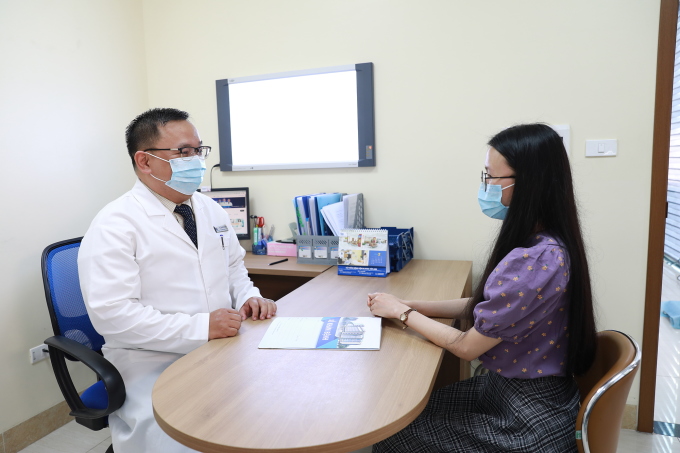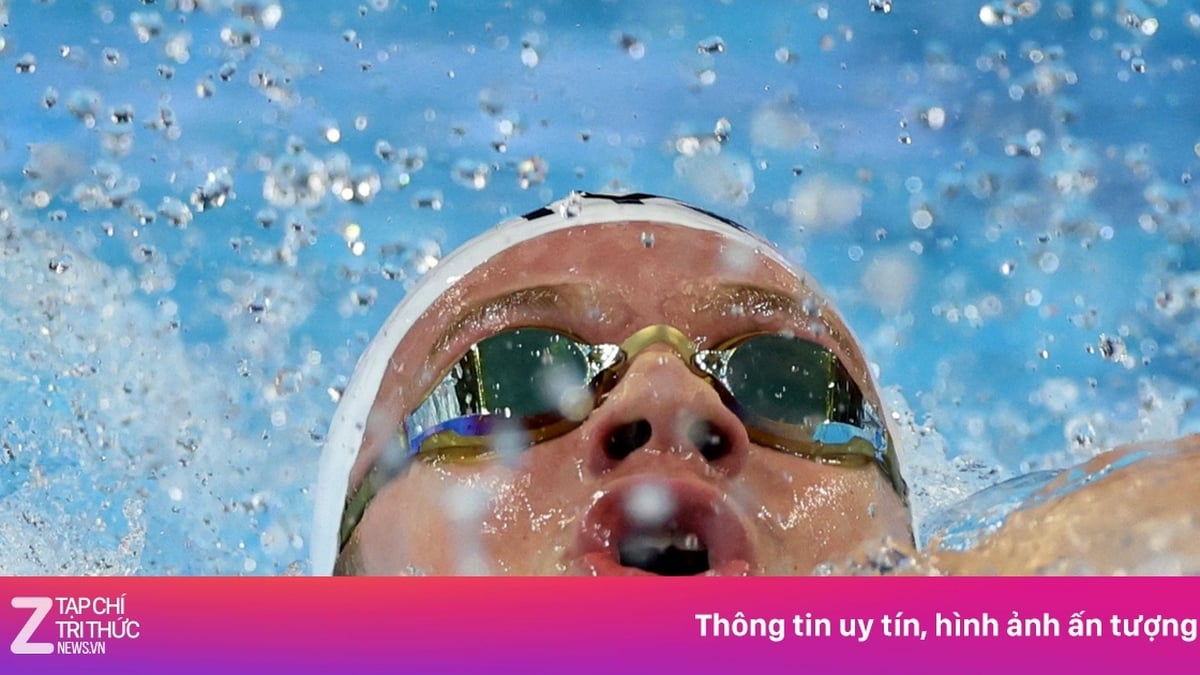Patients with kidney failure at each stage have completely different nutritional needs to avoid putting pressure on and preserving kidney function.
The International Society of Nephrology and the American National Kidney Foundation have divided chronic kidney disease into five stages based on the glomerular filtration rate (GFR). At each stage, the degree of kidney damage is different and increases with each level. Typically, stage 5 chronic kidney disease requires dialysis to remove excess water and toxins from the blood. However, some special cases may be indicated for dialysis from earlier stages.
Dr. Ho Tan Thong, Center for Urology - Nephrology, Tam Anh General Hospital, Ho Chi Minh City, said that nutrition is very important to protect kidney function and prevent dangerous complications. A suitable diet will slow the progression of kidney failure, reduce the impact on other organs, reduce patient fatigue and increase quality of life.

Depending on the stage of the disease, there is an appropriate nutritional regimen. Photo: Freepik
Depending on the patient's weight and condition at each stage, there is a suitable diet and food portion for the patient. The diet of kidney patients still needs to ensure 4 important nutrient groups: carbohydrates, protein, fat, vitamins and minerals.
People with kidney failure need to pay attention to the amount of protein in the body not too much, causing waste to accumulate in the blood and kidneys. However, too little protein intake can cause other problems. In addition, it is necessary to provide enough vitamins and minerals to protect cells and support the repair of damage, while ensuring electrolyte balance, water, low acidity, enough calcium, low phosphate.
Energy requirements: Adults with stage 1-5 CKD and adults on dialysis (including hemodialysis or peritoneal dialysis) have an energy requirement of 25-35 kcal/kg body weight per day depending on age, sex, physical activity level, body composition, weight goal, stage of CKD, and co-morbidities or acute medical conditions to maintain stable nutritional status.
Protein requirements:
Adults with chronic kidney failure stage 3-5 who are not on dialysis and are stable need to be closely monitored, limit protein intake, and may or may not supplement with keto protein (a type of protein that helps reduce blood urea levels) to reduce the risk of end-stage chronic kidney failure and improve quality of life.
Specifically as follows: Low protein 0.55-0.6 g/kg body weight per day; very low protein 0.28-0.43 g/kg body weight per day, with keto protein supplement to meet protein needs (0.55-0.6 g/kg per day).
Adults with chronic kidney failure stage 3-5 not on dialysis and diabetes mellitus need to be closely monitored and protein restricted to 0.6-0.8 g/kg body weight per day to maintain nutrition and optimize blood sugar control.
Adults on dialysis (including hemodialysis or peritoneal dialysis) who are stable require 1-1.2 g/kg body weight per day.
Adults on dialysis with diabetes need 1-1.2 g/kg body weight per day. Patients at risk of hyperglycemia or hypoglycemia may need higher protein intakes to control blood sugar.
In adults with chronic kidney disease stages 1-5, with or without dialysis, or in post-transplant patients, there is insufficient evidence to recommend a protein type (plant or animal) that is effective in maintaining nutritional status, calcium, phosphorus, and lipid levels.
Fat requirements : According to the American Heart Association (AHA), the European Society of Cardiology - European Atherosclerosis Society (ESC/EAS), fat intake should account for about 25-35% of daily energy needs.
Carbohydrate needs : Account for 40-60% of daily energy needs.
Fiber requirement : 21-25 g/day.
Water-soluble vitamins such as vitamin B, C... should be supplemented according to the required dose, especially for patients on hemodialysis.
Water needs : Need to ensure enough water for the body. Depending on the level of edema and the amount of urine every 24 hours, drink water accordingly. The amount of water consumed is equal to the amount of urine excreted plus 500 ml of water.
In the early stages, kidney patients do not need to limit water. When patients show signs of edema and little urination, they need to limit water and limit eating watery foods such as soup, porridge, soup...
Vitamin and mineral needs : People with kidney failure should maintain potassium levels below 200 mg per day.

Doctor Tan Thong is examining a patient. Photo: Provided by the hospital
Diet has a great impact on health, helping the kidneys not to work too hard. In case you cannot calculate your own food intake, you should consult your doctor for personalized advice, Dr. Tan Thong added.
Quyen Phan
Source link
























































![[Maritime News] Container shipping faces overcapacity that will last until 2028](https://vphoto.vietnam.vn/thumb/402x226/vietnam/resource/IMAGE/2025/7/30/6d35cbc6b0f643fd97f8aa2e9bc87aea)













































Comment (0)